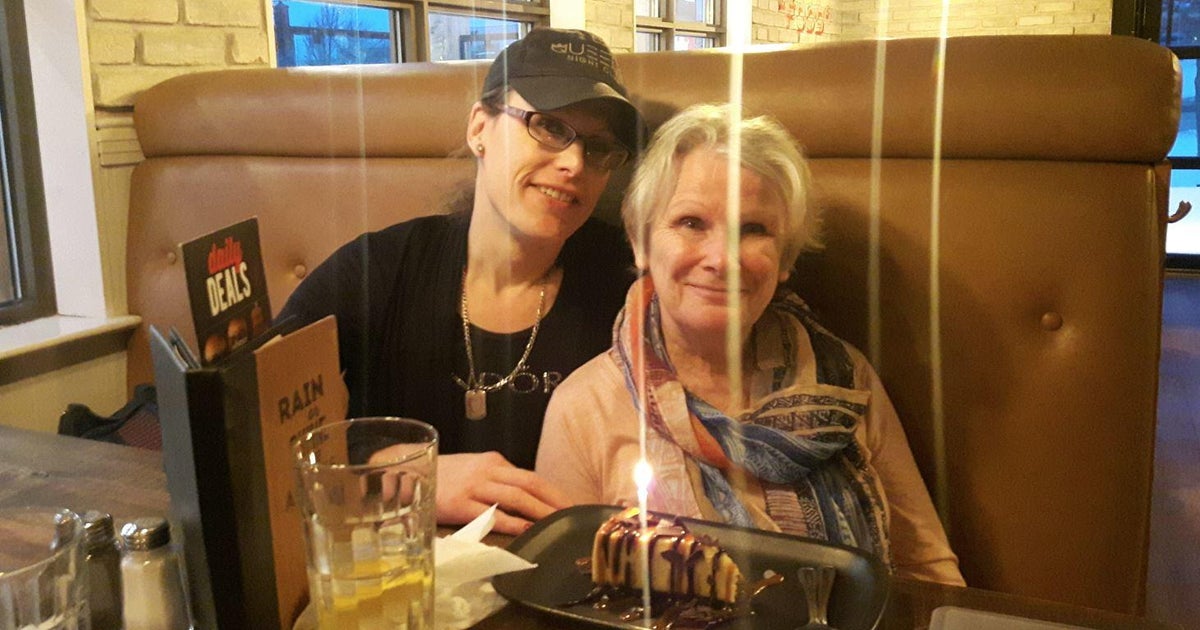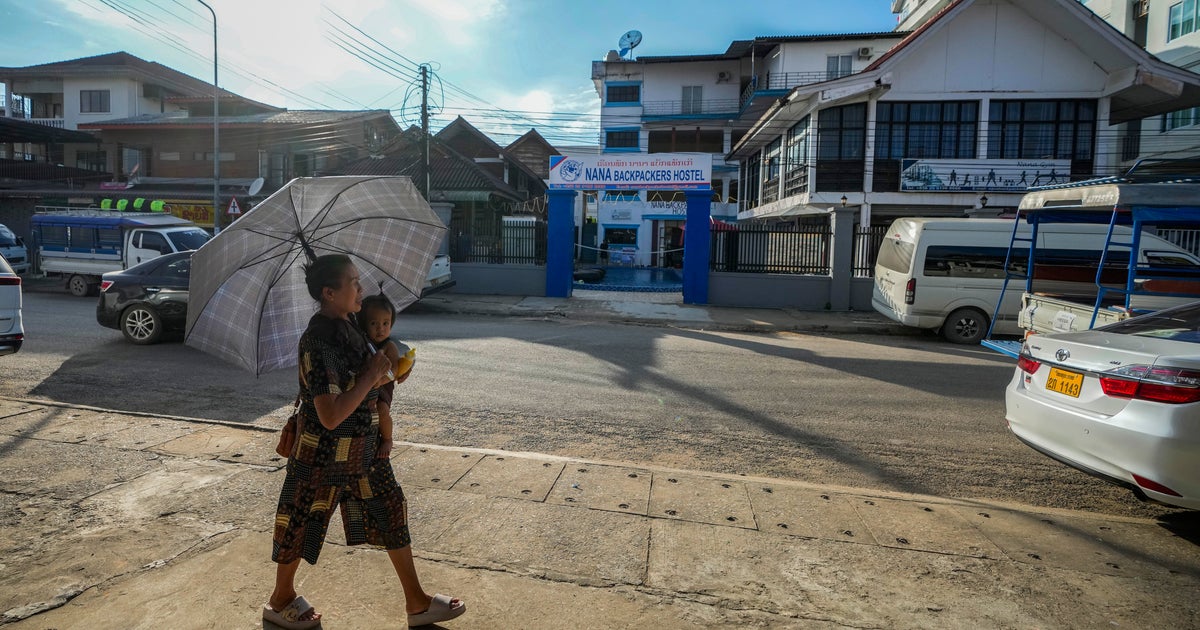More young people dying of colorectal cancer and researchers don’t know why
In recent years, reports have consistently shown colorectal cancer rates have been rising in Americans under the age of 55.
Now, a new study finds that not only are cases increasing, but deaths from colorectal cancer are also on the rise in this age group.
Researchers say the findings are particularly worrisome because this means the increase in diagnoses in this age group is not solely the result of more screening with colonoscopies.
"This is not good news. We looked at adults from ages 20 to 54 and following several decades of pretty rapid declines in death rates, over the past decade deaths in this age group have been increasing," lead investigator Rebecca Siegel, strategic director of surveillance information services at the American Cancer Society, told CBS News. "This indicates that there's actually a true increase in disease. It's not just detection of disease that was there and that we're catching it earlier."
Researchers said the increase colorectal cancer deaths in people in their 50s was particularly unexpected since screening -- which can both prevent colon cancer and detect it early -- has been recommended starting at age 50 for decades.
Using data from the National Center for Health Statistics, the researchers analyzed colorectal cancer deaths in people aged 20 to 54 from 1970 through 2014. The analysis included more than 242,000 people who died from colorectal cancer during this time. The study is published in the Journal of the American Medical Association.
Another striking finding was that the trend is being driven by increases in colorectal deaths among white men and women. Although African-Americans are still more likely to die from colon cancer than whites, the rate among African-Americans has declined.
Overall, mortality rates from colorectal cancer in adults age 20 to 54 declined from 6.3 per 100,000 in 1970 to 3.9 in 2004. After 2004, death rates began to increase slightly each year, reaching 4.3 per 100,000 in 2014.
In white individuals, death rates increased from 3.6 per 100,000 in 2004 to 4.1 in 2014. In contrast, mortality declined over time for African-Americans, from 8.1 in 1970 to 6.1 in 2014.
These findings are consistent with an increase in the number of whites getting diagnosed with colorectal cancer, but not blacks.
However, Siegel says it's still surprising because the findings are inconsistent with trends for major risk factors for colorectal cancer like obesity.
"The thinking has been that the reason we're seeing the increase in this disease is because of the excess body weight we've been dealing with for the past several decades, but the obesity epidemic has affected everyone universally across races and ethnicities and if anything the increase in obesity in the black population has been higher," she said.
So what's going on? "The answer is that no one really knows why this is happening," Siegel said.
Obesity and the sedentary lifestyle common among many Americans are likely contributing to rising cases and deaths from colorectal cancer, but it's "unclear the extent to which these factors are contributing because of the racial disparity," Siegel said.
While research is ongoing to look into what may be causing this, experts believe the answer may lie at least partly in the microbiome -- the bacteria that normally thrive in the body.
"We're learning more and more all the time about how important the balance of the microbiome is, particularly in the colon and how that relates to health," Siegal said. "I think we're going to need more time for etiologic studies to try to understand this."
In the meantime, she emphasizes that while the overall risk of colorectal cancer in young and middle aged adults is still very small, there are preventive steps doctors and patients can take to protect themselves.
If caught in the early stages when colorectal cancer is confined to the bowel, treatment results in a cure approximately 50 percent of the time, according to the National Cancer Institute.
Symptoms of colorectal cancer include pain in the abdomen, bloody stool, constipation, weight loss, and change in bowel patterns.
"It probably isn't cancer for people who are young or middle aged, but it could be," Siegal said, "so if we can get earlier detection in younger age groups then we can reduce the mortality and try to turn this trend around even before we know what's causing the increased incidence."




